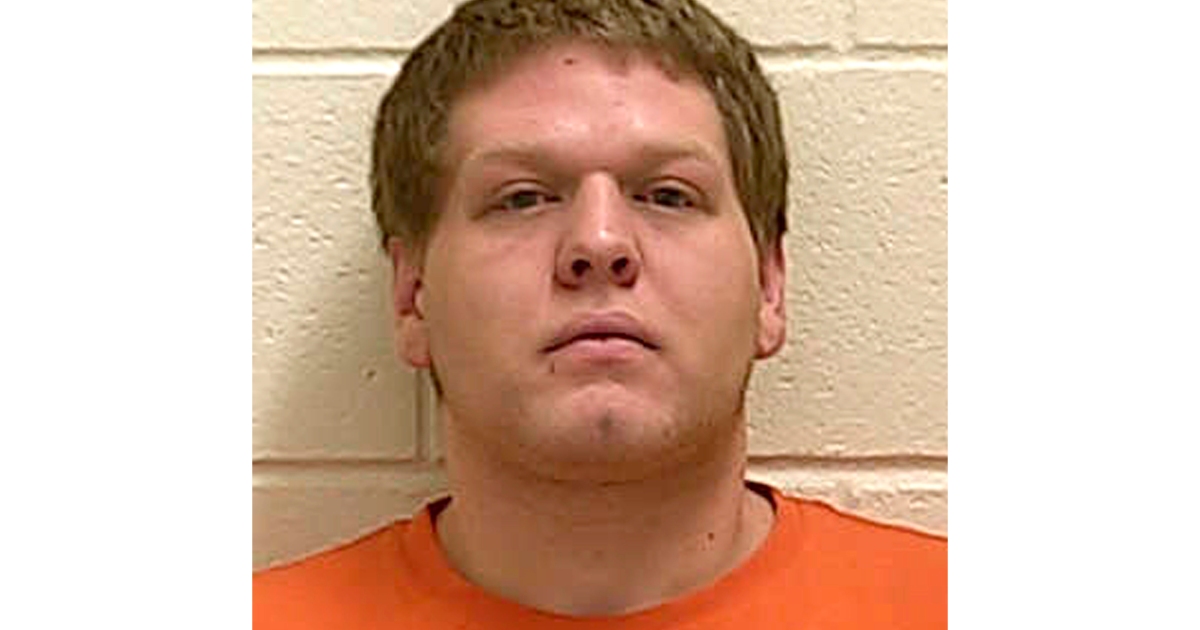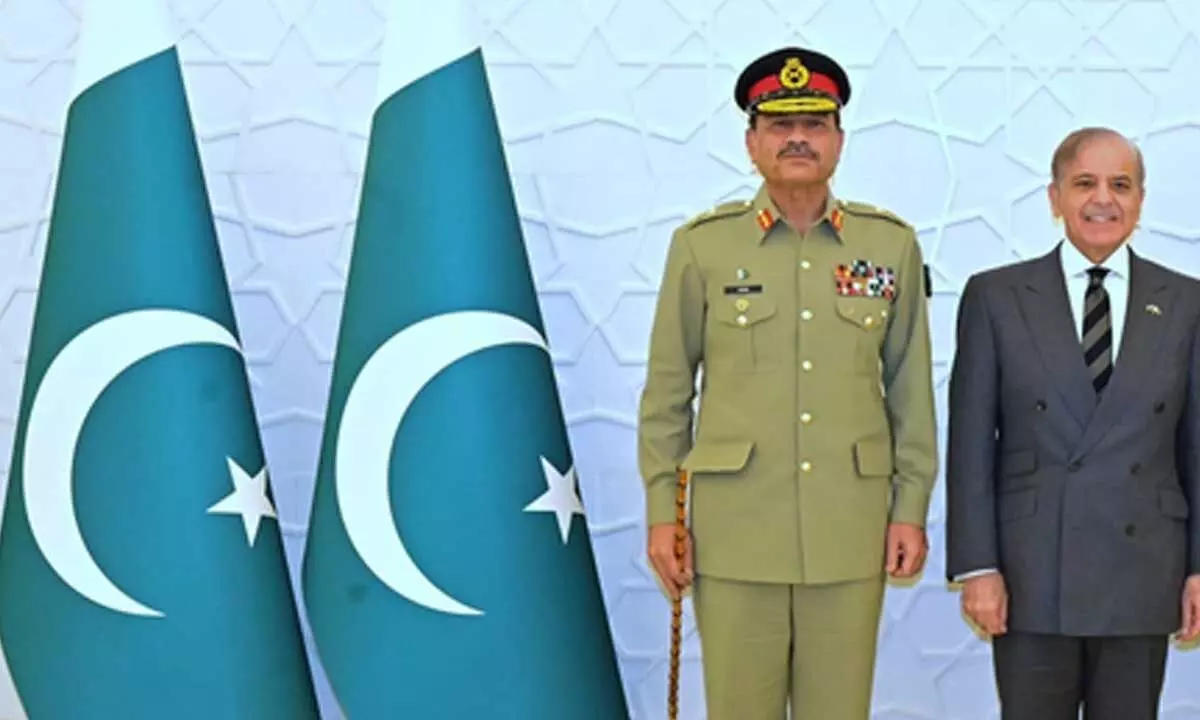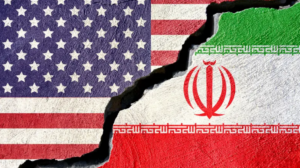
The men had pleaded guilty in the US attack and cooperated with prosecutors, testifying against the man who organised it.
Two Illinois men who helped bomb a Minnesota mosque in 2017 were sentenced Tuesday to about 16 years and roughly 14 years in prison – far below the 35-year mandatory minimum that each man faced – after victims and prosecutors asked for leniency because the men cooperated and testified against the mastermind of the attack.
Michael McWhorter, 33, was sentenced to just under 16 years in United States prison and Joe Morris, 26, was sentenced to about 14 years. Both testified in the 2020 trial against Emily Claire Hari, who was known as Michael Hari at the time of the attack, the leader of a small Illinois militia group called the “White Rabbits”.
Hari was convicted in December, 2020 and sentenced last year to 53 years in prison for the attack on Dar Al-Farooq Center, a mosque in the Minneapolis suburb of Bloomington.
US District Judge Donovan Frank said Tuesday that the men’s “substantial assistance” allowed him to issue penalties below the statutory minimums called for in the domestic terror case, the Star Tribune reported.
No one was hurt in the August 5, 2017 explosion after a pipe bomb detonated in the imam’s office as worshippers gathered for early morning prayers, but community members were shaken by the incident and the mosque’s executive director testified at Hari’s trial that it has led to diminished attendance due to fear.
McWhorter allegedly told an FBI agent the attack was aimed at Muslims in the US in an effort to “scare them out of the country”, according to notes taken by the FBI.
Attorneys for McWhorter and Morris both asked Frank for 10-year sentences, citing their clients’ testimony against Hari. Prosecutors requested leniency because of their cooperation.
“Both Morris and McWhorter have expressed remorse for their participation in the bombing and have accepted responsibility for their actions,” prosecutors said in court filings prior to sentencing. “The government acknowledges and greatly respects Dar Al-Farooq’s ability to forgive their attackers and to use this act of terrorism as a platform to promote mercy.”
Imam Mohamed Omar, executive director of Dar Al-Farooq Center, sent a letter to fellow clergy and faith leaders, asking them to sign an open letter urging forgiveness. Omar called McWhorter and Morris two young men who “temporarily were plunged downwards into the darkness of Emily Hari’s world”.
“The harm that was done is real, the crime that was committed is real, the horror of what happened that day is real, but what’s also real is our opportunity to offer real forgiveness, and lead by example,” the letter said. “We believe that only through forgiveness can we have any real chance to heal and move forward.”
McWhorter and Morris both pleaded guilty to multiple counts in 2019.
At Hari’s trial, their testimony showed that Hari told them to throw the pipe bomb into the Dar Al-Farooq Center while Hari waited in a rented truck. Morris testified that Hari told him that the mosque was training ISIS fighters — something the mosque has denied and prosecutors have never alleged.
Hari was the leader of a group called the “White Rabbits 3 Percent Illinois Patriot Freedom Fighters”. In addition to the mosque bombing, the group also robbed a Walmart with airsoft guns, tried to extort the Canadian railroad, invaded homes and attempted to firebomb a women’s health clinic in Champaign, Illinois.
Chris Madel, McWhorter’s attorney, said in court filings that McWhorter committed the crimes “at the invitation, direction and plan” of Hari. Madel said his client was manipulated by Hari’s lies about Muslims.
Morris’s attorney, Robert Richman, said his client has a “reduced mental capacity” and had suffered from undiagnosed mental illness, including schizophrenia and depression. Richman wrote in court documents that Hari took advantage of Morris’s illness, telling him to follow the “angels” speaking to him.
Hari also exerted a special power over Morris, said Richman in the filing. “No one in the world was closer to him. When Hari told Joe to do something, Joe did it. Hari was a hero to Joe. He felt that Hari accepted him. … Given the despair of self-loathing in which Joe was mired for most of his life, one can only imagine how refreshing it was to be accepted by Emily Hari.”







